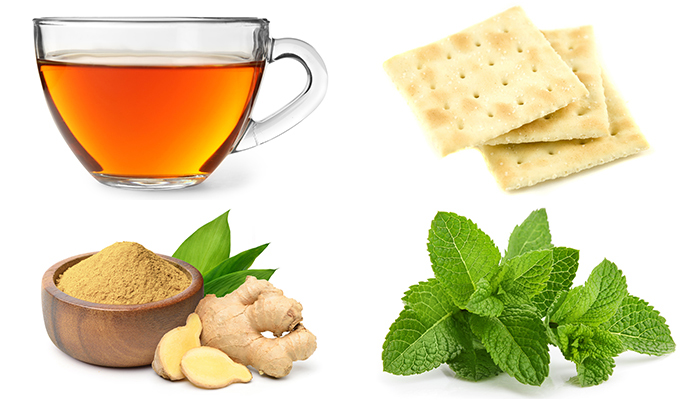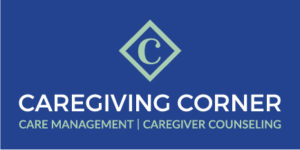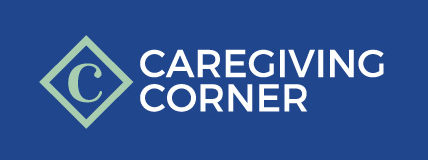
If a loved one in your life is undergoing chemotherapy for cancer, very likely they are dealing with the common side effects of nausea and vomiting. Not fun. Encourage them to follow these tips.
To reduce nausea/vomiting
- Avoid strong odors: Reduce exposure to cooking, perfume, and smoke. Keep the house well ventilated. Spend time outside.
- Wear loose-fitting clothing.
- Do not lie down until two hours after eating.
- Do quiet but enjoyable activities that distract the mind. For instance, talk with friends or watch movies.
- Address anxiety with relaxation techniques such as deep breathing and guided imagery.
Tips for eating and drinking
- Eat six to eight small meals rather than three large ones.
- Avoid foods that are smelly, fried, fatty, or sweet.
- Stick to mildly flavored, low-fiber foods: cream of wheat, pasta, potatoes without skins, yogurt, eggs, bananas, applesauce, jello. Perhaps bland cheeses or fish.
- Eat dried breads such as crackers, toast, or pretzels.
- Sip broth or pureed soups.
- Drink fluids between meals rather than with meals.
- Avoid alcohol, caffeine, and carbonated drinks.
- Concentrate on clear fluids (herbal tea, bouillon, or light juices such as apple juice). Avoid orange juice and other acidic fluids.
- Suck on ice chips or popsicles.
- Chew spearmint gum or drink spearmint tea.
Ask for antinausea medicine. In one study the addition of ¼ tsp. of dried ginger with the medication eliminated nausea by 40%.
Although nausea sometimes begins as soon as a chemo session starts, for most people it’s not until one to three hours later. Eating a light meal during this time frame may be wise. At least crackers and broth. Most nausea resolves within 24 hours. Some people experience nausea or vomiting the day before treatment. Or even when walking into the treatment building. Such “anticipatory nausea” is real and should be treated as seriously as nausea that occurs after chemo.


